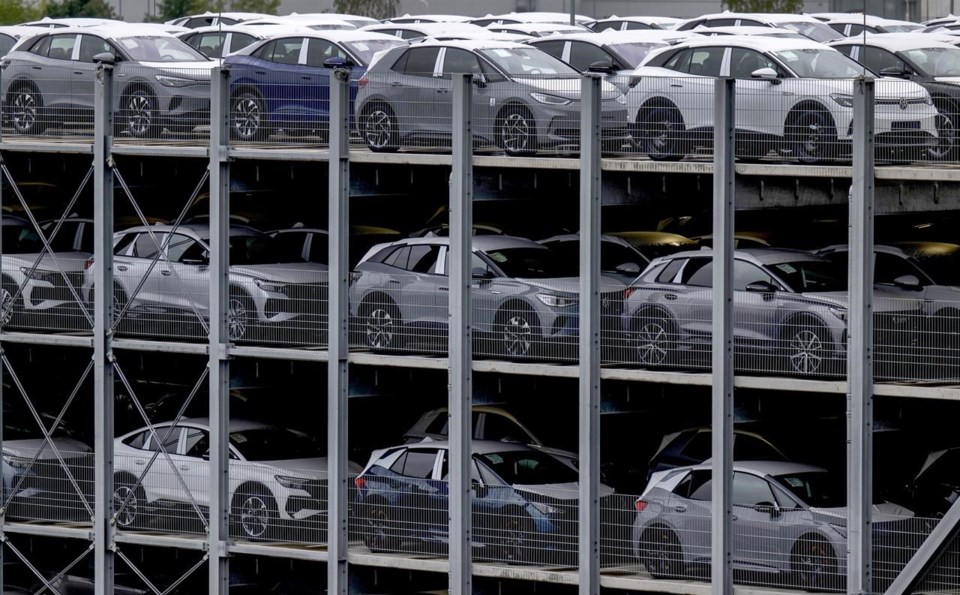HONG KONG (AP) — China's Commerce Ministry has protested a decision by the European Union to investigate exports of Chinese electric vehicles, saying Thursday that it is a “protectionist” act aimed at distorting the supply chain.
The EU announced Wednesday it will probe government subsidies provided to Chinese automakers that the EU contends keep EV prices artificially low. China has become the biggest market for electric vehicles after investing billions in subsidies to gain an edge. Automakers like BYD and Geely have quickly gained market share after launching sales of EVs to Japan and Europe.
“What I want to emphasize is that the investigation measure that the European Union plans to take is to protect its own industry in the name of fair competition," Commerce Ministry spokesperson He Yadong said at a briefing in Beijing.
“It’s naked protectionist behavior that will seriously disrupt and distort the global automotive industrial chain and supply chain including the European Union, and will have a negative impact on China–EU economic and trade relations,” he said.
In a statement, the ministry urged the EU to create a “fair, non-discriminatory and predictable” market environment.
In China, EV prices start as low as 100,000 yuan ($14,500) for a compact SUV with a 400-kilometer (250-mile) range on one charge.
On Thursday, Cui Dongshu, head of the China Passenger Car Association, also opposed the investigation in comments written on his WeChat social media account.
“I personally firmly oppose the EU’s evaluation of China’s new energy vehicle exports, not because it has received huge state subsidies, but because China’s industrial chain is highly competitive,” Cui said.
He said that China had phased out new energy subsidies in 2022.
Cui urged the EU to take an “objective view of the development of China’s electric vehicle industry” instead of using what he said are economic and trade tools to increase the costs of Chinese electric vehicles in Europe.
Zen Soo, The Associated Press



